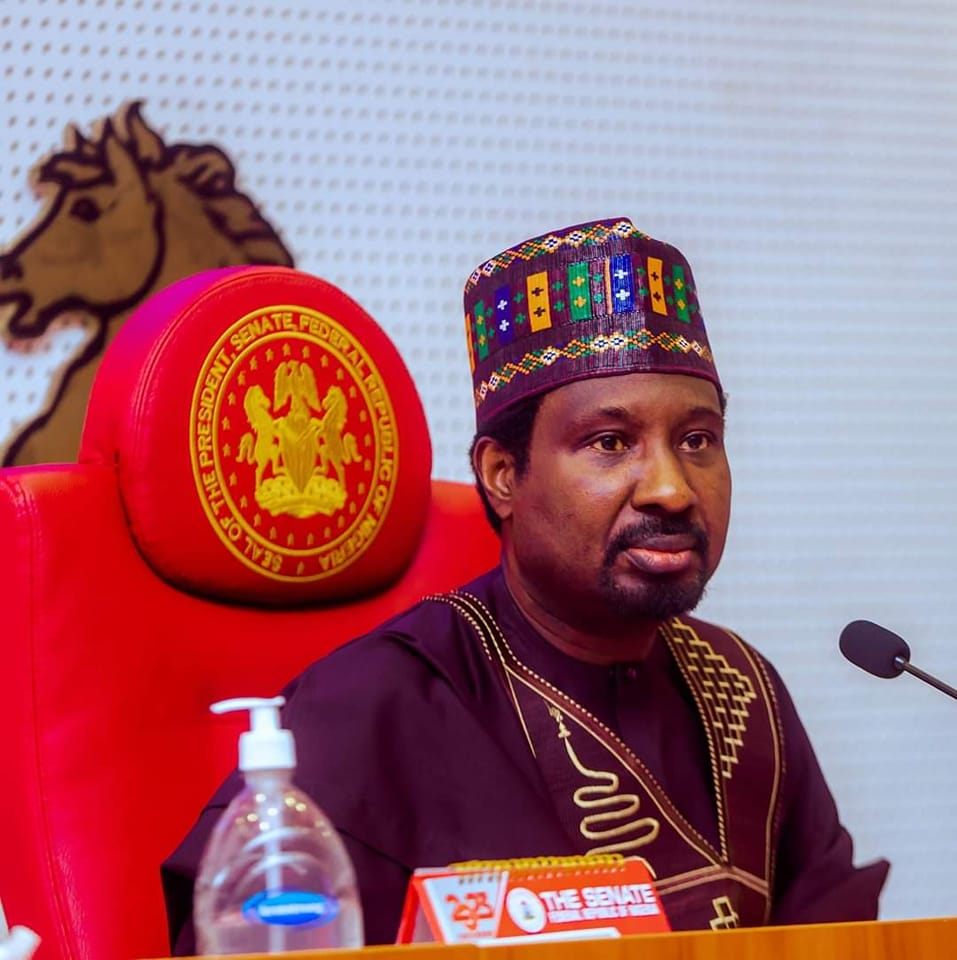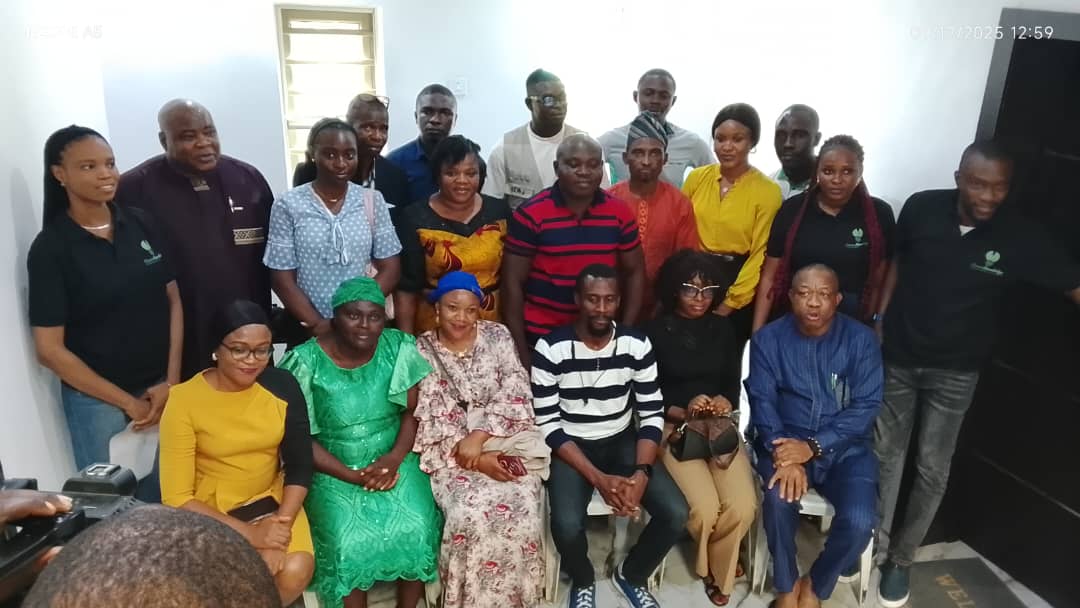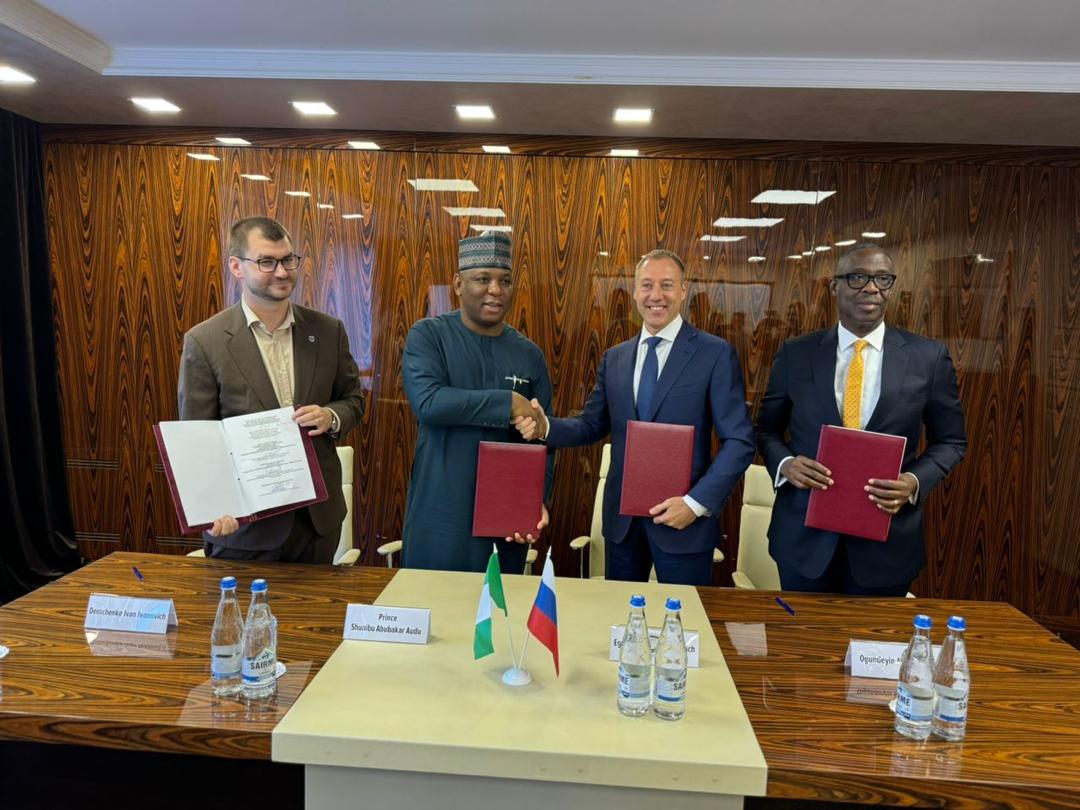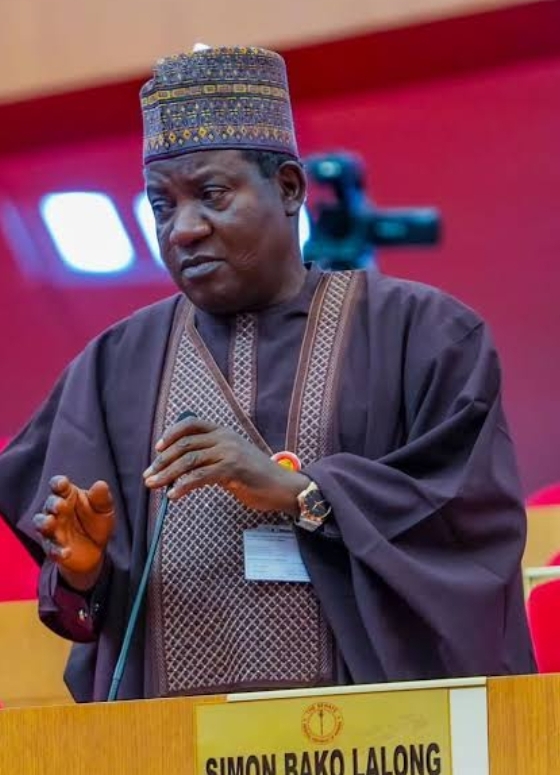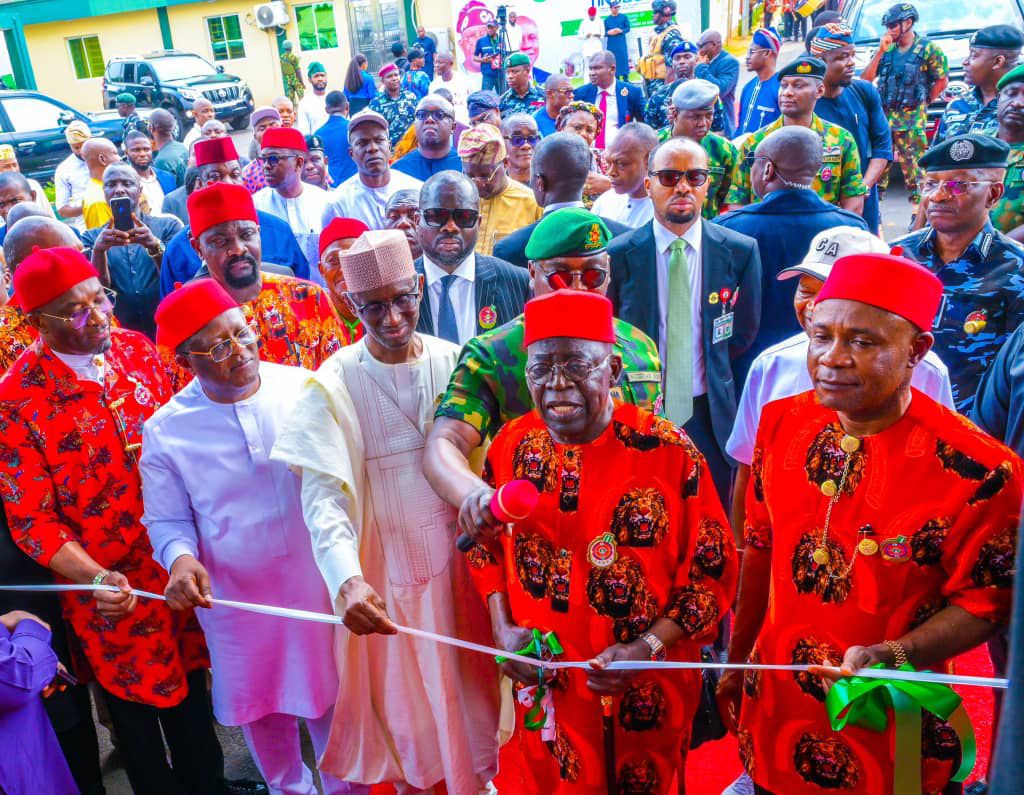CJID Urges Stronger Environmental Journalism, Presents Policy Brief on Climate Governance
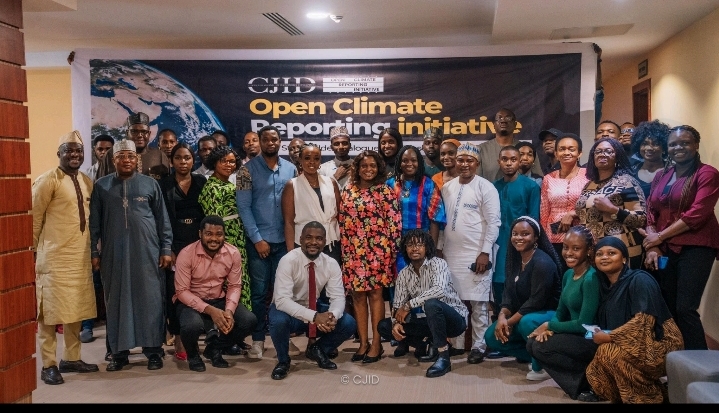
By Fatima Saka
Abuja, Nigeria – In a strategic move ahead of the COP30 Climate Summit in Brazil, the Centre for Journalism Innovation and Development (CJID) has convened one-day Stakeholder Dialogue and Policy Brief Presentation on Tuesday in Abuja, calling for urgent reforms in environmental governance and a stronger role for journalism in climate accountability.
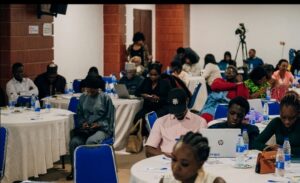
The event brought together journalists, researchers, government representatives from Nigeria and Ghana, civil society actors, and international partners to assess the role of investigative journalism in driving climate accountability across West Africa.
Delivering the keynote, CJID’s Executive Director, Akintunde Babatunde, traced the organisation’s climate engagement journey from its inception in 2020, noting that OCRI emerged from the need to mainstream climate discourse in Nigeria just like poverty or fuel subsidy issues.

“We believed that if climate change conversations become part of everyday national debates, then ordinary people would understand it better and act. Through OCRI, we’ve hosted trainings, story labs, and mentored journalists from Nigeria, Ghana, Gambia, and beyond,” Babatunde said.
According to CJID, the initiative has reached over 5,000 beneficiaries, including 750 journalists across 58 countries, and supported 170 climate stories to date. The program has been instrumental in building the capacity of journalists, amplifying grassroots voices, and improving the quality and quantity of climate change coverage across Africa.
“The goal is simple. Let’s ensure the global climate agenda is shaped not only by negotiators in suits but also by community voices and reporters who live with the daily consequences of climate change.”said Babatunde.
Speaking on behalf of the United Nations Resident Coordinator in Nigeria, a representative emphasized the power of investigative journalism and evidence-based advocacy in confronting environmental crimes like oil spills, illegal logging, and mining.
“Environmental degradation threatens public health, biodiversity, and sustainable development. Journalism, backed by credible data, can expose hidden dangers and mobilize communities and policymakers to act,” the UN rep noted.
Stakeholders also stressed the importance of cross-border collaborations, journalist safety, and technical investment in independent media to effectively tackle environmental challenges in the region.
A major highlight of the event was the presentation of a policy brief developed from extensive field research in Nigeria, Ghana, Mozambique, and the DRC, identifying critical policy gaps and proposing actionable reforms.
In a panel discussion, representatives from Nigerian and Ghanaian government agencies acknowledged the policy gaps and weak enforcement frameworks hindering environmental protection. They pledged to engage further with civil society and media to strengthen governance and environmental accountability.
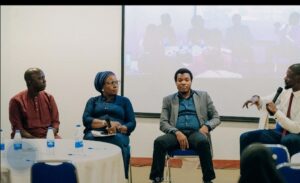
Participants agreed that ahead of COP30, Africa’s voice must be rooted in local stories and data-driven journalism, ensuring that climate policies reflect the realities on the ground.
READ ALSO: Affordable Housing Estate for FCT Journalists Will Soon Become Reality – Minister of Housing to NUJ
FG Ramps Up Pediatric HIV Elimination Drive, Unveils Bold PMTCT Expansion Plans
CJID highlighted the Open Climate Reporting Initiative (OCRI), a global training and capacity-building effort led by the Centre for Investigative Journalism (CIJ), London, and implemented in West Africa by CJID. The initiative is designed to empower journalists, researchers, and civil society actors to produce in-depth, data driven climate investigations.
OCRI emphasizes the use of data, open source intelligence, and impactful storytelling to expose climate-related issues and influence policy, regulation, and institutional accountability across the region.
The policy brief presented during the event stressed the need for collaborative efforts among media, government, and civil society to strengthen environmental governance frameworks and improve public engagement on climate issues.
The Stakeholders engagement was accomplished with a call for sustained partnerships, media support, and a shared commitment to environmental justice and climate resilience across the continent.

